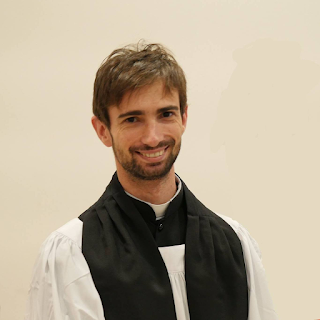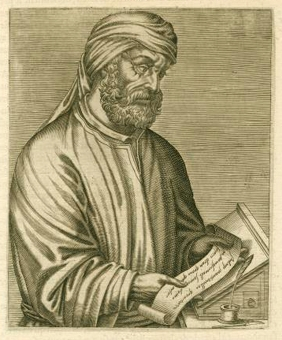Reading
Matthew 11:25-30
25 At that time Jesus said, “I praise you, Father, Lord of heaven and earth, because you have hidden these things from the wise and learned, and revealed them to little children. 26 Yes, Father, for this is what you were pleased to do.
27 “All things have been committed to me by my Father. No one knows the Son except the Father, and no one knows the Father except the Son and those to whom the Son chooses to reveal him.
28 “Come to me, all you who are weary and burdened, and I will give you rest. 29 Take my yoke upon you and learn from me, for I am gentle and humble in heart, and you will find rest for your souls. 30 For my yoke is easy and my burden is light.”
Comment
There are several parallels between these words of Jesus and some passages of the wisdom literature of Jewish antiquity. Only the Father knows the Son as only God knows wisdom: "But where can wisdom be found? Where does understanding dwell? God understands the way to it and he alone knows where it dwells" (Job 28:12.23). The Son knows the Father, just as wisdom knows God: "Who has learned your counsel unless you have given wisdom and sent your holy spirit from on high?" (Wisdom 9:17).
The revelation of God and of his wisdom, of the Father and of the Son, is destined not to those who consider themselves "wise" and "intelligent", but to the "little ones" (v. 25). Humility is the key to accessing God's treasures.
The search for wisdom is tiring for man and to the extent that it is reached, it, in turn, increases the suffering compared to those who lead a carefree life: "For with much wisdom comes much sorrow; the more knowledge, the more grief" says Ecclesiastes (Eccl 1:18).
Jesus calls the weary and the oppressed to himself, with the paradoxical affirmation that these will find refreshment by taking his yoke upon themselves. How is it possible to be freed from oppression by submitting and yoking oneself?
Jesus frees us from slavery from the impermanent goods of this world, but also from the weight of having to save ourselves by trying to carry the burdens that the scribes and Pharisees want to place on our shoulders (Lk 11:46). The gospel is more than a religion, a set of rules to follow: it is an experience of communion with God.
The pedagogy that Jesus adopts with his disciples is marked by meekness. Grace does not do violence to our nature but docilely educates it. Having been freed from the snares of the world and from those of a legalistic religiosity must keep us away from two extremes: from feeling free to do whatever we want, forgetting the responsibility to which we have been called; and from the temptation, always latent, to fall back into legalism and "Pharisaic" precepts, albeit under a Christian guise.
Following Christ means freeing oneself from an oppressive and mortifying religiosity, to joyfully announce his message of salvation. True religion is an experience of liberation and joyful participation in divine work.
Prayer
Deliver us from the snares of the world, o Lord, and your good Spirit guides us on level ground; so that we can reign with you, justified and sanctified by grace. Amen.
- Rev. Dr. Luca Vona




















